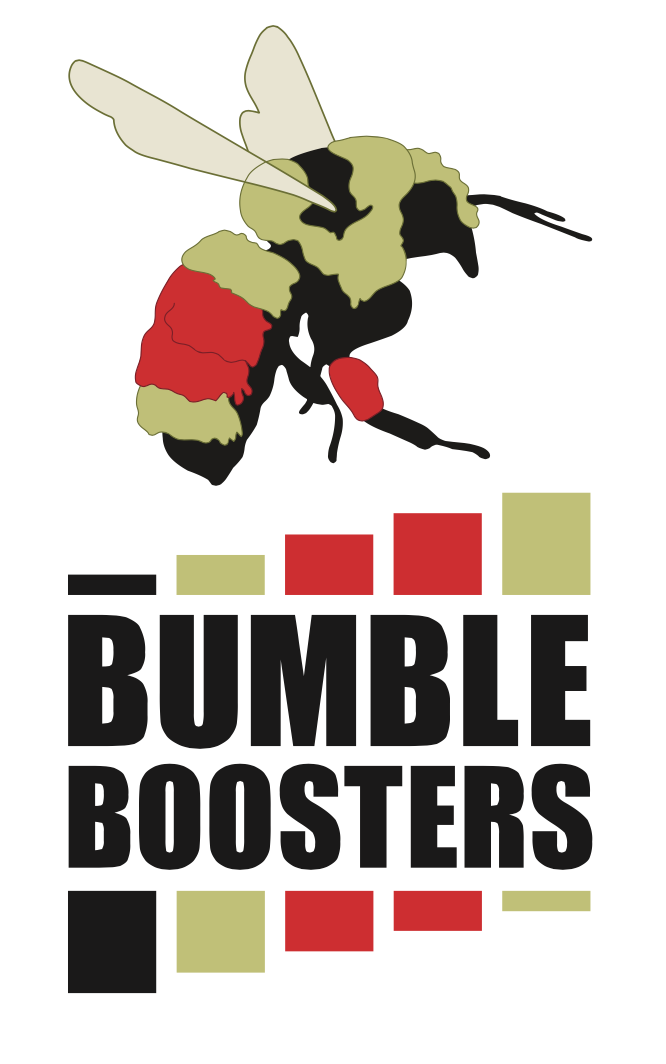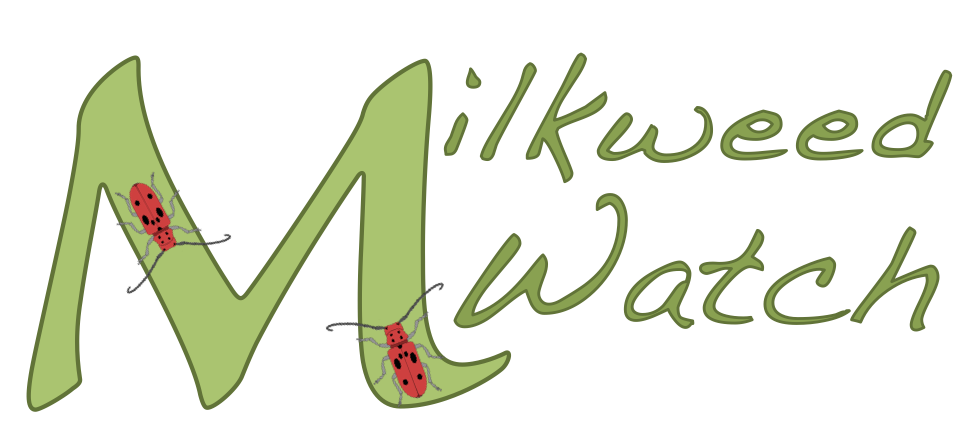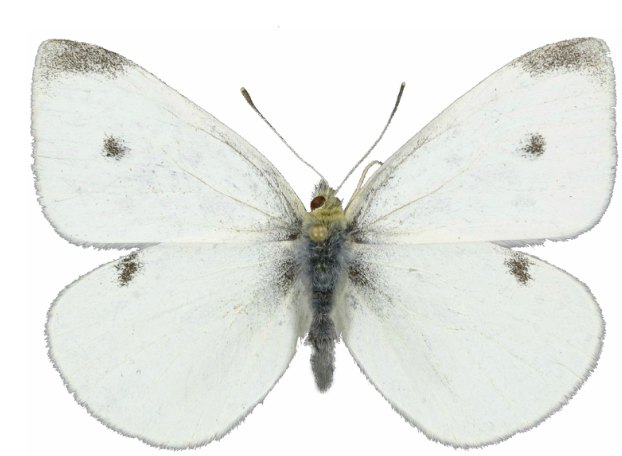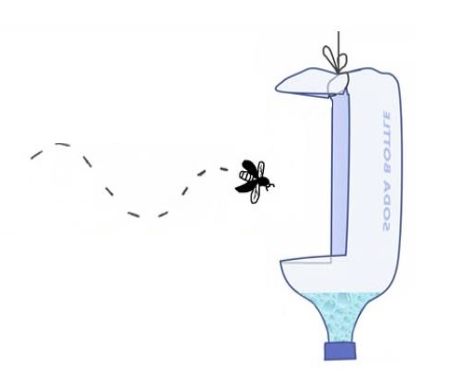Citizen science is the collaboration between members of the public and science researchers to produce new, scientific knowledge. Together, citizen scientists and researchers explore questions and problems with unknown answers. Historically, many of the first citizen science projects focused on ornithology (the study of birds). Today, there are hundreds of citizen science projects available, researching everything from bird distributions to human behavior, galaxy classification to jellyfish populations, and climate change to deforestation. Many of the problems we face today are global in nature. Small research teams can't be everywhere at once to study these complex issues. That's where citizen scientists come in. They provide research teams with eyes, ears and data on a much broader scale.
Read on to find out about some of the citizen science projects currently running at the University of Nebraska-Lincoln and elsewhere.
NEWS UPDATE! Citizen Scientists Needed to Put Nebraska on the Map!
The University of Nebraska-Lincoln’s Department of Entomology is seeking adults to help establish Nebraska Chapters for three national entomology citizen science programs. Data and citizen scientist participation for the three projects involving ladybugs, butterflies and bark beetles (like the Emerald Ash Borer) are well represented on the east and west coasts. Interested individuals are needed to help get Nebraska data on the map. The Entomology Department is coordinating these efforts. Orientation sessions will be at held Entomology Hall on Friday, August 21, 2015 at the following times Lost Ladybug Project at 10 AM, The Pieris Project at 12 PM, and Backyard Bark Beetles at 2 PM.
Citizen science is the collaboration of members of the public with researchers to discover new scientific knowledge. Members of the public can select from hundreds of projects. Their observations and analysis help answer real world questions or problems and essentially increase the size of the research team. They also help educate others around them about the project. “Citizen scientists are our ambassadors. They carry the project and it’s message into their communities, reaching and impacting far more people than a small team of scientists could ever hope to,” says Louise I. Lynch, a doctoral student with the Department of Entomology. Lynch studies the impacts of citizen science on participants and is coordinating the upcoming programs. Nebraska chapters are being established for three national citizen science programs: The Lost Ladybug Project, The Pieris Project and Backyard Bark Beetles. There may be some Nebraska citizen scientists involved in these programs already and they, too, are encouraged to join. It is hoped that the Chapters will provide support and community for participants.
Interested individuals are invited to visit http://go.unl.edu/db5t for more information and to register. Contact Louise I. Lynch with questions at lilynch@huskers.unl.edu.
To find out more about each project, click an icon below!




